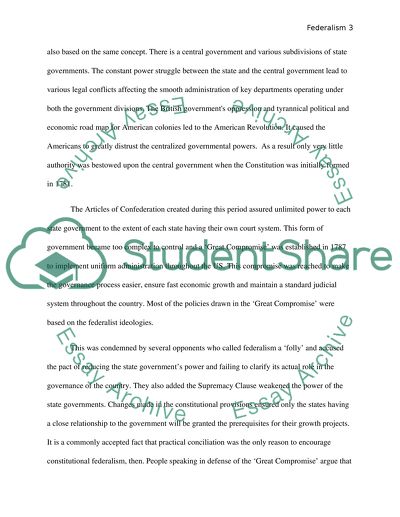Cite this document
(“Political subdivisions of police governmental powers per federalism Essay”, n.d.)
Retrieved de https://studentshare.org/law/1481329-political-subdivisions-of-police-governmental-powers-per-federalism
Retrieved de https://studentshare.org/law/1481329-political-subdivisions-of-police-governmental-powers-per-federalism
(Political Subdivisions of Police Governmental Powers Per Federalism Essay)
https://studentshare.org/law/1481329-political-subdivisions-of-police-governmental-powers-per-federalism.
https://studentshare.org/law/1481329-political-subdivisions-of-police-governmental-powers-per-federalism.
“Political Subdivisions of Police Governmental Powers Per Federalism Essay”, n.d. https://studentshare.org/law/1481329-political-subdivisions-of-police-governmental-powers-per-federalism.


